IN THIS POST:
– Causes of a Gas Leak
– Dangers Associated with a Gas Leak
– How to Detect a Gas Leak?
– What to Do in Case of a Gas Leak?
– How to Prevent a Gas Leak?
Natural gas is a relatively safe and efficient source of energy that is used by the majority of homes in Pakistan for cooking. It is also the primary energy source for most water boilers in the country, even though electric boilers and hot plates are now commonly being installed in modern homes. The biggest risk of using natural gas, though, is the threat of a leak. Here’s how you can detect and prevent a gas leak in your home.
Causes of a Gas Leak
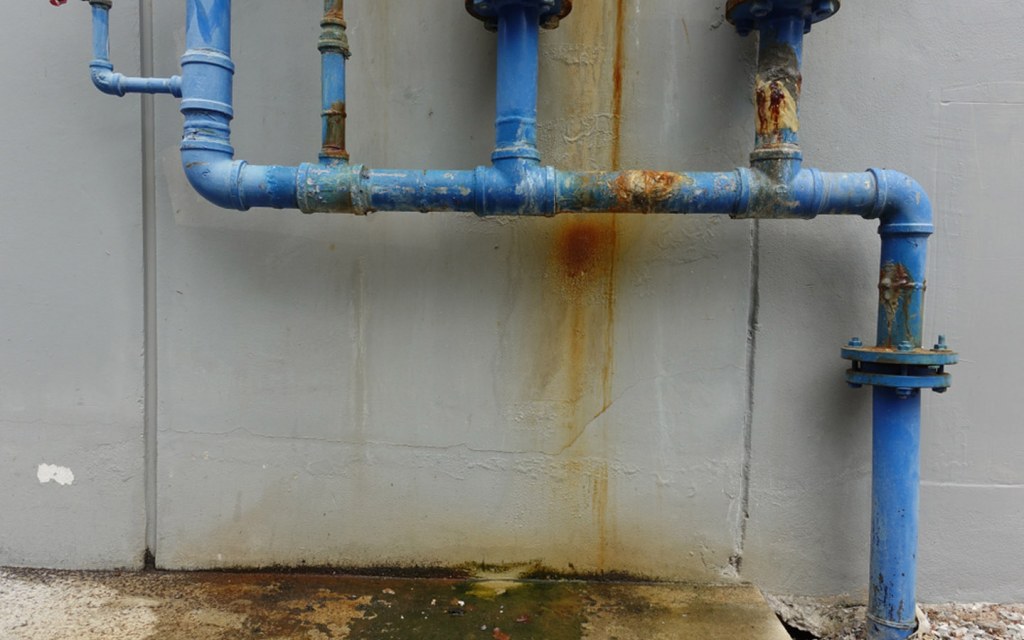
Here are some of the primary causes of a gas leak:
- Faulty appliances, like boilers or ovens
- Loosely fitted gas pipes
- Damaged gas pipes
- An unattended stove that’s been left turned on
- Damaged gas cylinder
If you still have a gas lamp in your home that you turn on during a power outage or a gas heater for the winter months, leaving their gas shutoff valve on, without lighting the lamp or heater can also result in a gas leak. You also need to exercise caution when turning on your gas generator as a backup power supply and ensure that you turn off the supply when the electricity comes back on.
Dangers Associated with a Gas Leak
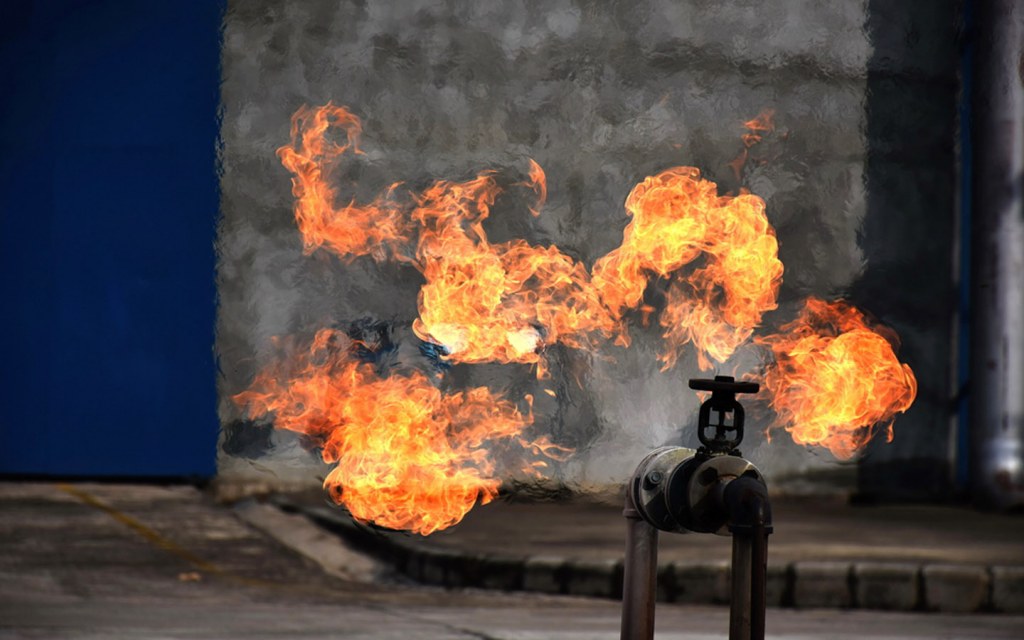
Gas leaks can be fatal if they are not detected in time. An undetected gas leak can pose the following risks:
- Adverse health effects
- Accidental fire
- Explosion
- Carbon Monoxide (CO) poisoning
- Death
Since natural gas or CNG (Compressed Natural Gas) is extremely flammable, a leak will cause it to spread in your immediate surroundings, and even the slightest spark can result in an uncontrollable inferno. Thousands of cases of gas fires, exploding gas cylinders, and fatalities caused due to CO poisoning and gas inhalation are reported every year. That’s why it is imperative for you to know how to detect and prevent a gas leak at home to protect your family.
How to Detect a Gas Leak?
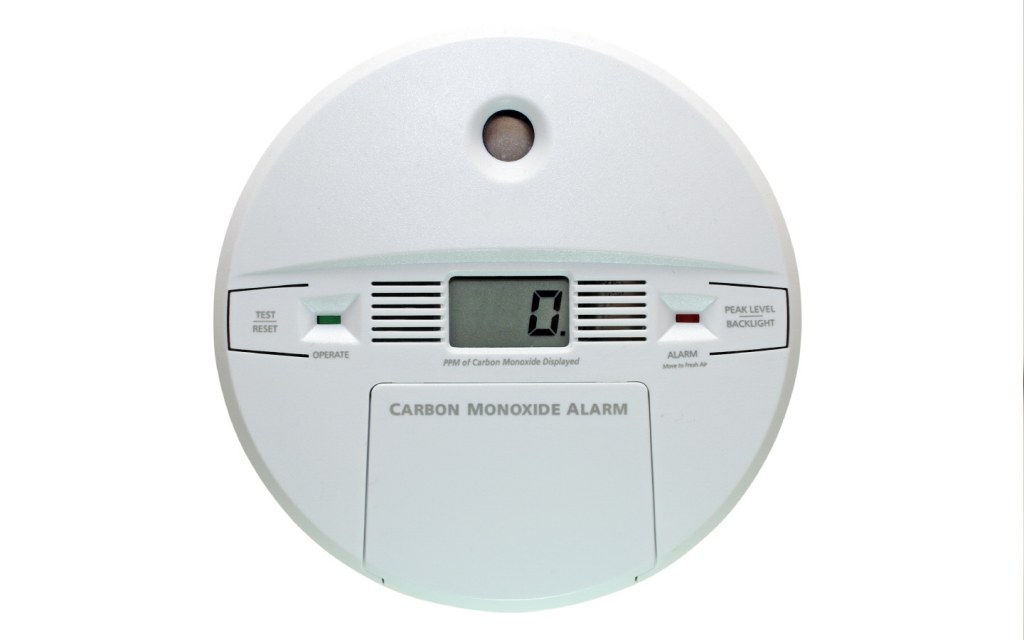
The biggest problem associated with detecting a gas leak is that natural gas is transparent and doesn’t leave a trace, spreading into your environment with few to no signs and symptoms. Here are some major signs of a gas leak that you should keep your eye on vigilantly:
The Smell of Rotten Eggs
Natural gas smells like rotten eggs, and if you can smell a strangely similar odour in your home, you should avoid striking a match and check all the gas valves and sources immediately.
Check the Stove
Natural gas is most commonly used in stovetops, and there is a chance that you might have left it turned on without lighting it. Thus, if you smell strange rotten odours, check the stove and all its dials first.
Hissing or Whistling Sound
If you’ve left a stovetop turned on, it’s pretty easy to detect the source of the leak. But if you can’t find the source, listen quietly in the area where the smell is the strongest, and you might hear a hissing or whistling sound that indicates that gas is leaking from a torn, damaged, or loose pipe.
Visible Pipe Damage
You might also be able to find a damaged pipe during your search for the source. If not, you might actually be able to see visible pipe damage that confirms your doubt about a gas leak once you’ve tracked the source of the leak.
Damaged Gas Cylinder
Many homes in Pakistan in larger apartment complexes no longer have a direct gas pipeline. Instead, they’re provided with a gas cylinder for use that needs to be refilled once it’s empty. If you also have a gas cylinder at home, keep a sharp eye on its condition, as wear and tear can cause leaks.
Dead Plants
If your indoor plants are dying or looking droopy, and you can also smell a funny odour in the house, then you have a gas leak on your hands. Natural gas will generally kill vegetation or damage it to the point where it cannot thrive.
Health Effects
Gas leaks can result in a number of adverse health effects, including some of the following:
- Difficulty in breathing
- Dizziness
- Headaches
- Watery eyes
- Irritated throat
- Nausea
- Reduced appetite
- Irritability
- Ringing in the ears
- Nosebleeds
People with weak immune systems, including children and the elderly are more prone to these effects. Moreover, anyone suffering from respiratory illnesses might also be at high risk due to a gas leak. Extreme cases of CO poisoning can also result in unconsciousness, and become fatal if immediate medical attention is not given.
Gas Leak Detector
Using a Carbon Monoxide detector is also a sure-fire way of detecting gas leaks. It’s also one of the many safety precautions that you should take when you have a generator in your home.
What to Do in Case of a Gas Leak?
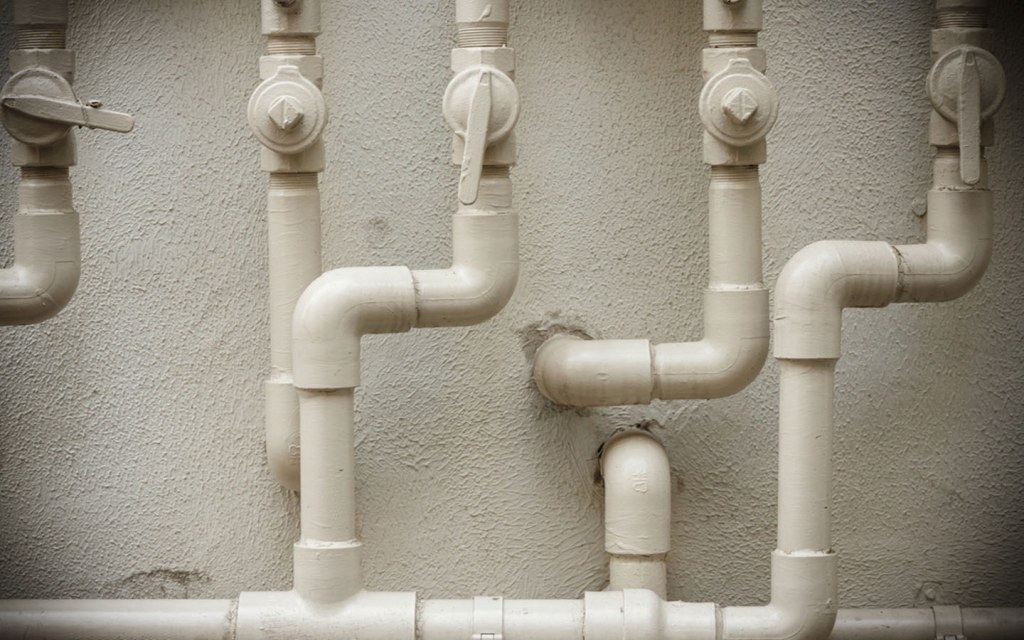
Protecting your family should be your top concern in case of a gas leak. If you fear that gas is leaking from a known or unknown source and is spreading through the house, here are some steps that you should take immediately:
- Turn off the gas supply at the source, which is the gas meter
- Avoid lighting a match or turning on the lights, as electrical circuits can cause a spark
- Open all of the doors and windows to air out the home
- Leave the house with your family and go into the open to breathe some fresh air
- Contact the gas supply representatives for assistance on 021-99021000 for Sui Southern Gas Company (SSGC) and 042-99080000 for Sui Northern Gas Pipelines Limited (SNGPL).
- Call the helpline at 1199 from all over Pakistan for emergencies.
How to Prevent a Gas Leak?
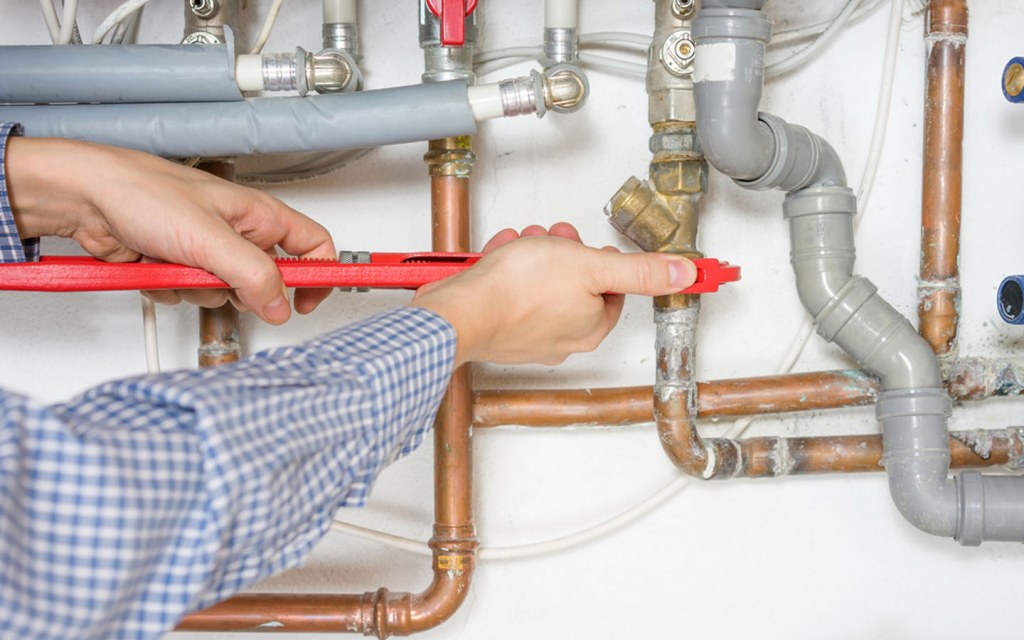
You need to detect and prevent a gas leak to safeguard your family. Here are some preventive measures to avoid a gas leak:
- Check all the appliances routinely for leaks
- Install a gas leak detector
- Maintain the gas cylinder regularly if you have one
- Call a technician to inspect the supply if the flame in your burner or stove is yellow or orange, instead of the regular blue colour
- Be wary of musty and rotten smells coming near gas supply sources
- Ventilate the area around the equipment that uses gas as its source
- Check the batteries on the gas leak detector if you have installed one in your home
Detect and prevent a gas leak in your home with the tips and tricks mentioned above. Always seek the help of a professional if you are unsure because protecting your family should be your primary concern. You can also check out how to apply for a new gas connection if you’ve recently moved homes.
Stay tuned to Zameen Blog for more helpful tips and tricks. You can share your feedback with us about our posts at blog@zameen.com.



